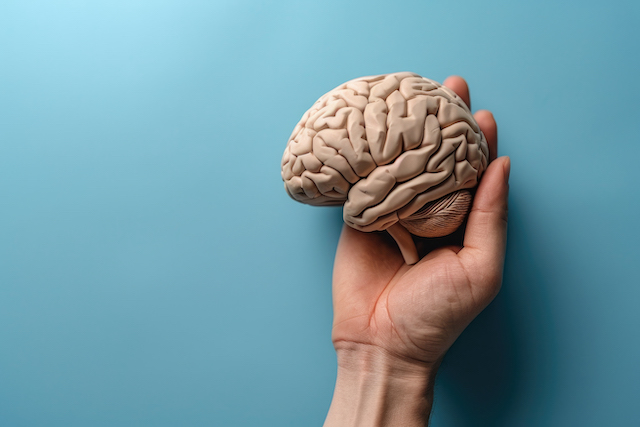
Advancements in infant precision medicine through creation of ‘digital babies’
In an ambitious collaboration between the University of Galway and Heidelberg University, along with the Heidelberg Institute for Theoretical Studies and Heidelberg University Hospital, a breakthrough has been made in the realm of infant healthcare through the development of ‘digital babies’. These are sophisticated computational models that replicate the metabolic processes of...Read More
Bariatric surgery tops GLP-1 drugs and lifestyle changes in sustained weight loss efficacy
An extensive review of medical research from 2020 to 2024 has conclusively demonstrated that bariatric surgery, also referred to as metabolic or weight-loss surgery, yields the most substantial and longest-lasting weight loss results when compared to other interventions such as GLP-1 receptor agonists and lifestyle modifications. This significant finding was unveiled at the American Society...Read More
Experts outline nutrition recommendations for patients treated with obesity medications
As individuals embark on treatment with anti-obesity medications, they frequently experience a diminished appetite which naturally leads to a reduction in food consumption. Given this reduced intake, ensuring a high quality of diet becomes crucial to meet the nutritional demands within the constraints of lower food consumption. To address these challenges, a team of medical experts has...Read More
In-depth study unveils complex impact of obesity and metabolic syndrome on breast cancer risk
Recent research led by a University of Oklahoma academic has identified nuanced relationships between obesity, metabolic syndrome, and breast cancer risks, potentially guiding better preventative strategies for at-risk patients. The comprehensive findings stem from the Women’s Health Initiative (WHI), an extensive study initiated in the early 1990s focused on postmenopausal women’s...Read More
Significant link between obesity and cognitive decline revealed by Chinese research
A recent study conducted in China has established a significant connection between obesity and the deterioration of brain health, suggesting that individuals with obesity may suffer from a reduction in brain volume akin to the effects seen after 12 years of ageing. Researchers from Tsinghua University and Capital Medical University Affiliated Beijing Friendship Hospital undertook a...Read More
Research reveals fathers’ diet affects child health before birth
A pioneering study conducted by Helmholtz Munich and the German Center for Diabetes Research has shed new light on the significant influence of paternal diet and body mass on the health of future generations even before conception occurs. This groundbreaking research offers vital insights that could lead to the development of targeted preventive health strategies for men planning to father...Read More
